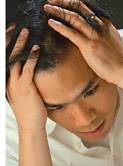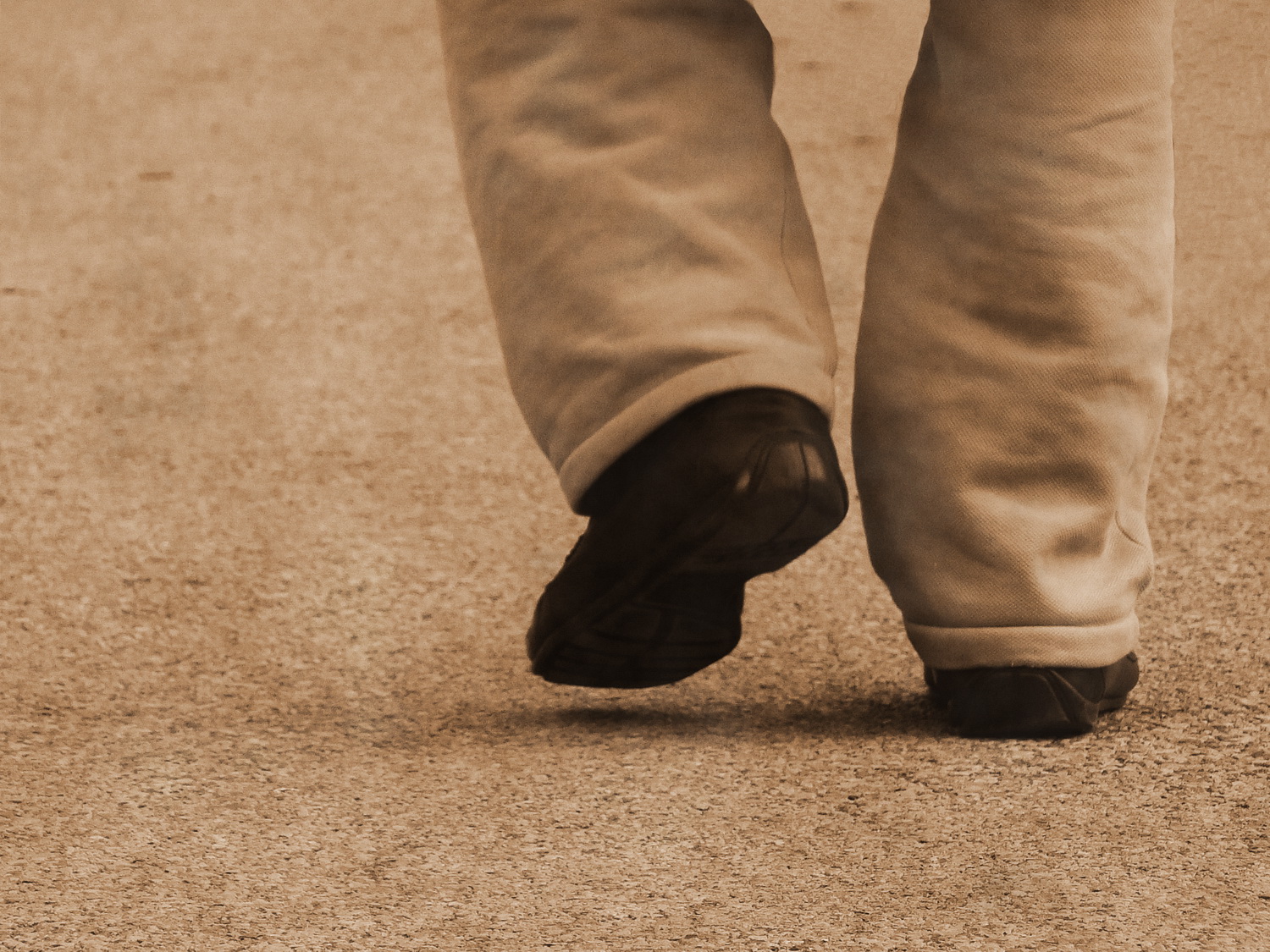
THURSDAY, March 19, 2015 (HealthDay News) — Unemployed young adults have three times the risk of depression compared to their employed peers, a new study finds.
“Unemployment and depression are significantly related among emerging adults,” said lead author Robin McGee, from the Rollins School of Public Health at Emory University in Atlanta.
What isn’t clear from this study: which problem causes the other? This study was only designed to tease out an association between these issues.
“Based on these results, we do not know whether unemployment contributes to depression or depression contributes to unemployment,” McGee said. “Unemployed emerging adults are a population that may benefit from mental health and employment-focused interventions. If these interventions are provided early, then we may be able to teach people skills that could have an impact over a lifetime.”
The report was published in the March issue of Preventing Chronic Disease.
For the study, McGee and her colleague Nancy Thompson, an associate professor at Emory, used data from the 2010 Behavioral Risk Factor Surveillance System, a national survey that assesses health risk behaviors. They specifically looked at people aged 18 to 25 to determine the extent of depression among unemployed young adults.
They found that nearly 12 percent of young adults were depressed and about 23 percent were unemployed. The risk of depression was three times higher for unemployed than employed young adults, according to the study.
The authors speculate that the link between unemployment and depression might be the result of developmental factors, such as the uncertainty young adults feel as they transition to adulthood, and changes in their social relationships and support network.
Moreover, depression among unemployed young adults may be linked with stress because of delays in achieving life goals. Some young adults may experience stress similar to older adults, including stigma related to unemployment.
But unemployment alone might be less likely to cause depression in this age group, said Tony Tang, an adjunct professor in the department of psychology at the University of Pennsylvania in Philadelphia.
“The general expectation now is for these young adults to be in college. Many community colleges will accept almost any high school graduate, and subsidized student loans can cover tuitions and expenses. So a depressed and unemployed 18- to 25-year-old is not just unemployed — they are also ‘college skippers,'” he said.
So their depression probably can’t be explained just by unemployment or the tight job market, Tang said. Depression could be due to many other reasons. For example, some young adults might have failed to graduate high school; some might have hated college and are at loss for what to do next; some might be extremely poor; some might have other serious health issues, he said.
“The best way to break the cycle of unemployment and depression might be depression treatments that can bring enduring relief,” Tang said.
Both cognitive therapy for depression and antidepressant medications have been proven effective, and cognitive therapy might be particularly effective in preventing depression relapses, he said.
Simon Rego, director of psychology training at Montefiore Medical Center/Albert Einstein College of Medicine in New York City, agreed that it’s important to develop and provide mental-health-focused interventions that target this population.
“Perhaps doing so will not only ameliorate the negative effects of unemployment and depression among this group, but also lead to better mental health futures for them,” he said.
More information
For more information on depression, visit the U.S. National Institute of Mental Health.
Copyright © 2026 HealthDay. All rights reserved.

